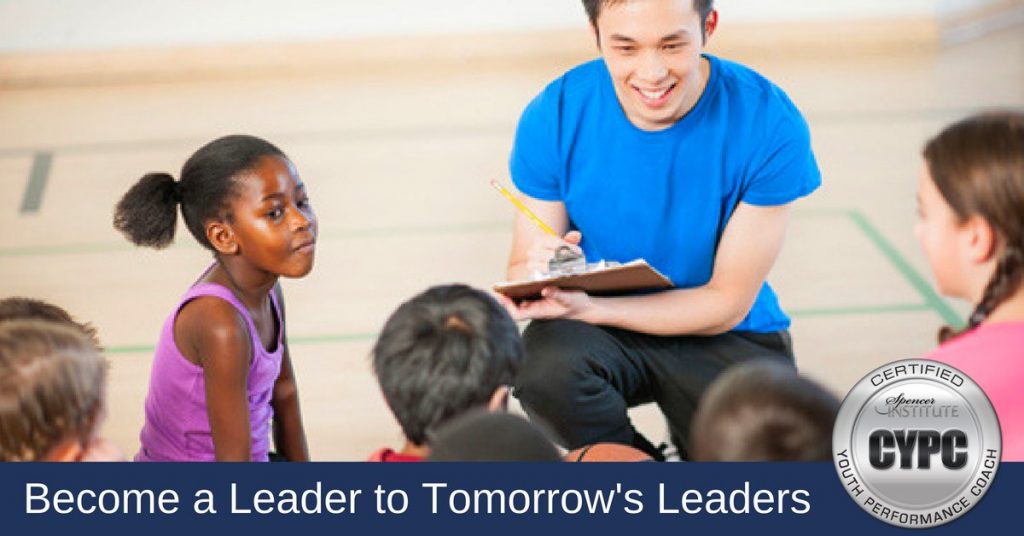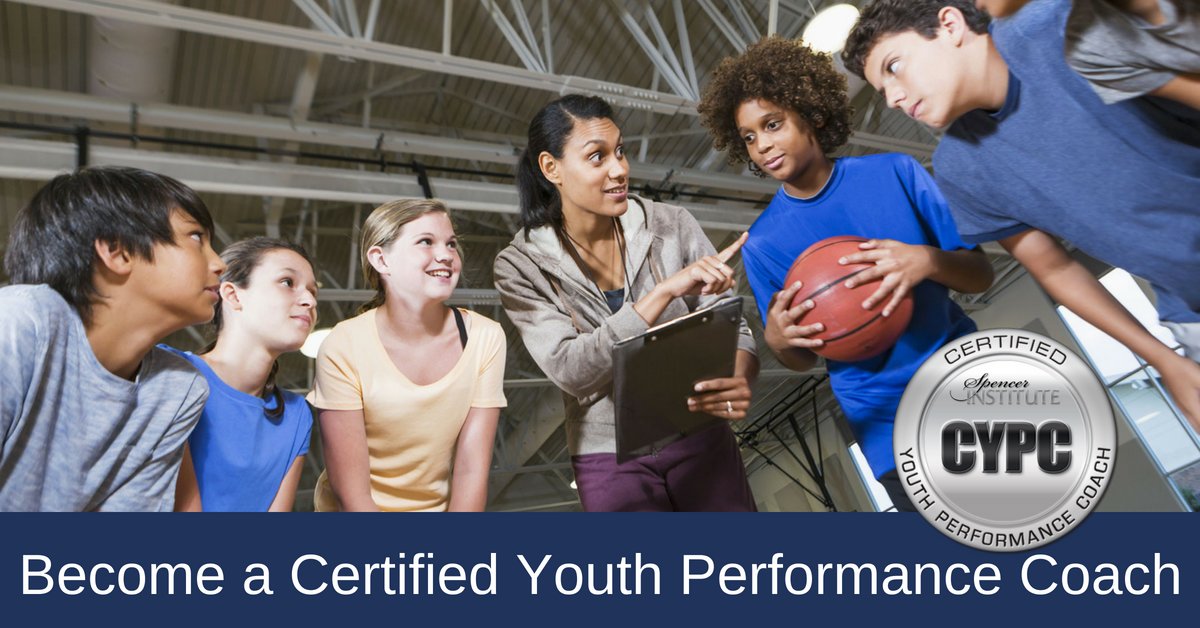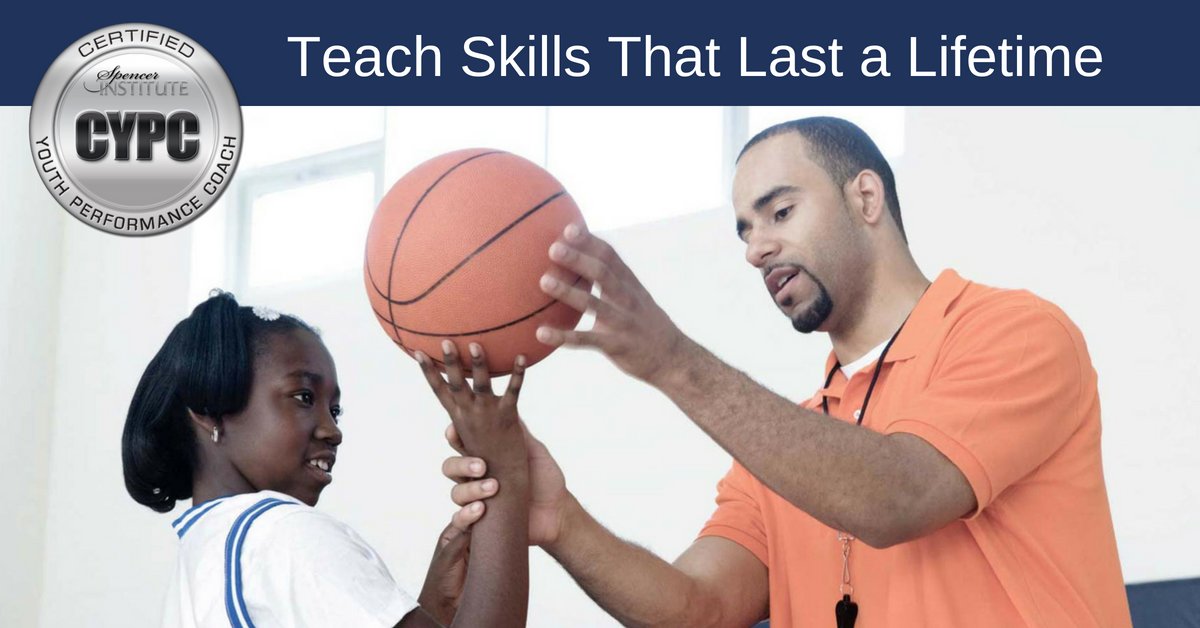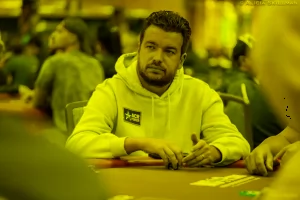Who is a Youth Performance Coach?

Youth Performance Coach has to undergo a six-course program, encompassing six principles of training: endurance, flexibility, Strength agility, skill, and speed. The six courses concentrate on sports management, sporting activities medication, coaching techniques, conditioning and strength, the psychology of sporting activities, as well as professional athlete advancement. With these new disciplines, coaching professional athletes have actually come to be a holistic activity concentrating on the entire professional athlete, i.e., mental as well as physical facets.
- Risk Monitoring
Joining sporting activities entails a specific degree of danger, also when sensible preventative measures have been applied. Coaches have some degree of duty for all facets of their athletic program. For instance, coaches require to be concerned regarding the well-being of their gamers as well as the upkeep of athletic equipment and also centers. These duties drop under the umbrella of risk management as well as the controlled examination of the athletic setting. Evaluating risk management in the athletic atmosphere is a substantial management aspect. Risk can, although never be entirely eliminated; these individuals must recognize and must look to restrict the chances of obligation exposure. Thus, instructors have to put in the significant initiative to monitor all elements of their sports programs.

- Injury Avoidance
As per the National Federation, around 7.6 million people in the USA took part every year in secondary school sporting activities. These rates of participation are a cause for hope that the increasing effort to get teenagers to be active and thriving. Unfortunately, contending in sports enhances the possibility to experience a sports injury. A survey reported that greater than 1.4 million injuries happened in high school sporting activity participants throughout the 2005-06 academic year.
As a result, instructors need to gain expertise concerning emergency treatment care and the prevention of injury. When coaches teach their athletes sporting activity abilities, these professional athletes must create specific technical activities in order to produce peak sports efficiency. Such movements, together with the needs positioned on professional athletes’ muscles when increasing, slowing down or altering instructions, boost the risk of injury.

- Communication
Besides connecting with clinical workers, trainers should be extraordinary communicators with their athletes in order to be effective educators. The ability to communicate is an essential part of becoming an effective instructor as well as developing exclusive athletes. It is the foundation whereupon instructors construct their group. Coaching without reliable interaction resembles trying to play basketball without a sphere; it just is not a successful venture.
Coaches can be very well-informed in the technical abilities of the sport as well as have an excellent strategy, but if they cannot interact this information to their team, the likelihood of success will be considerably minimized.
If you want to be a youth performance coach and chose it as your career, please visit the given link.






